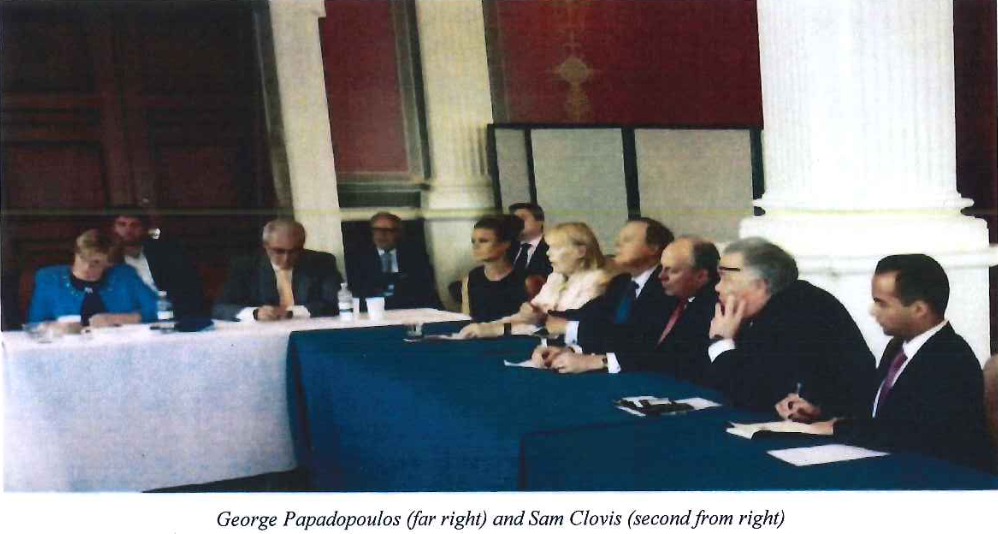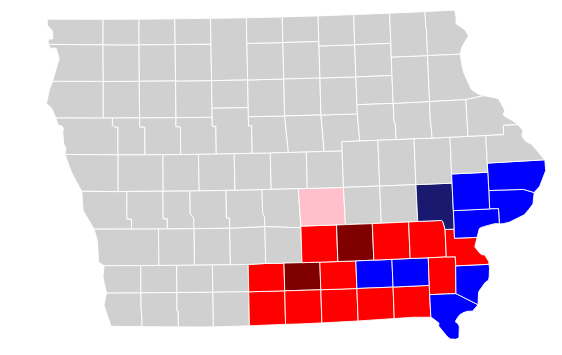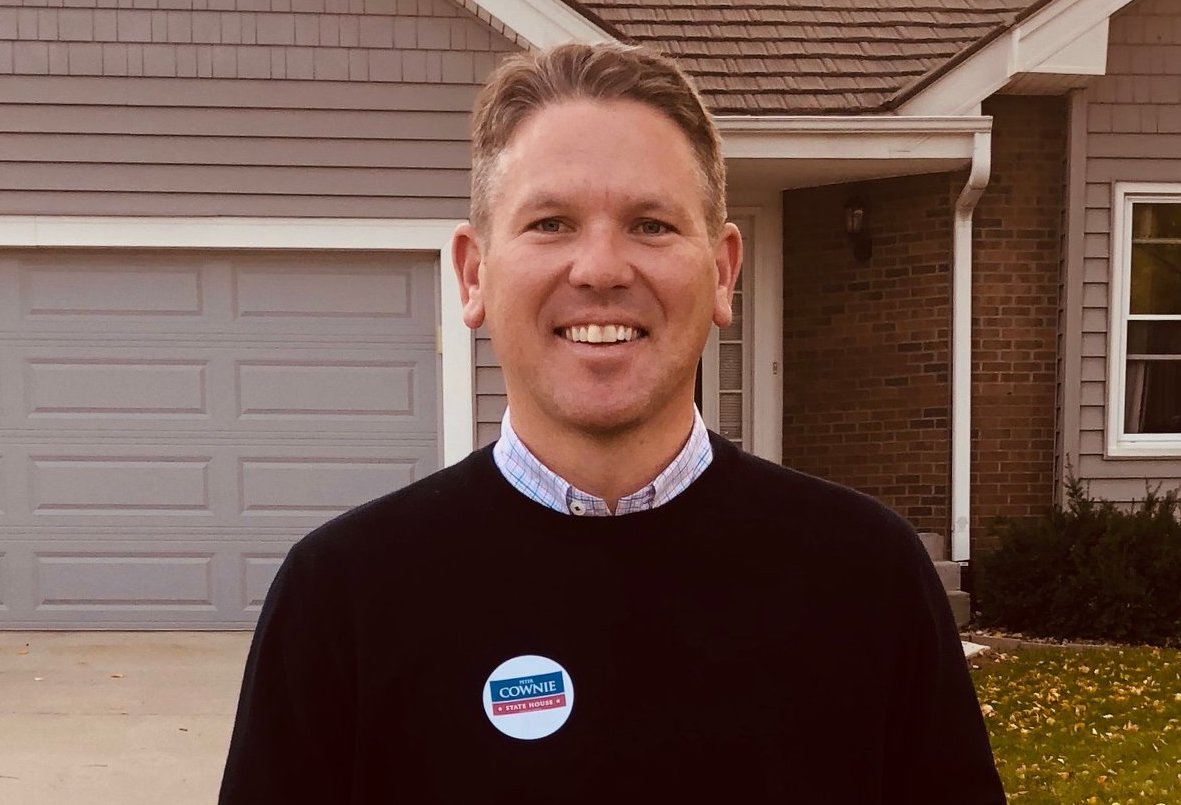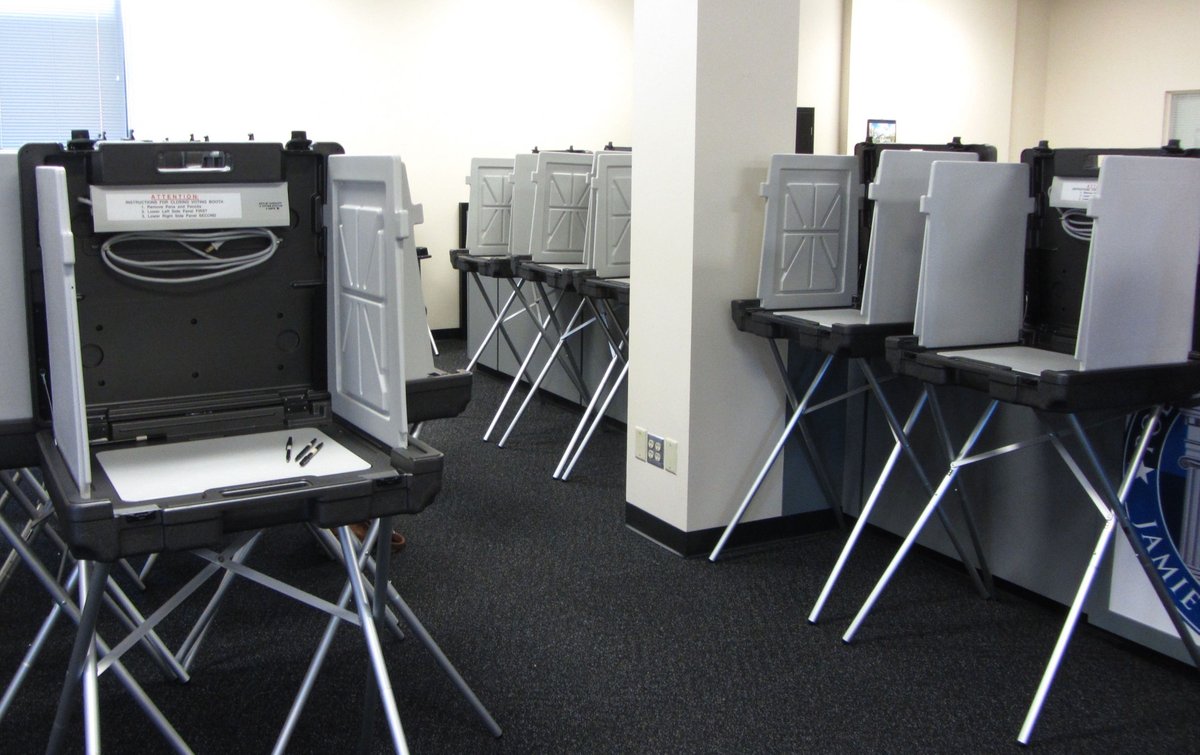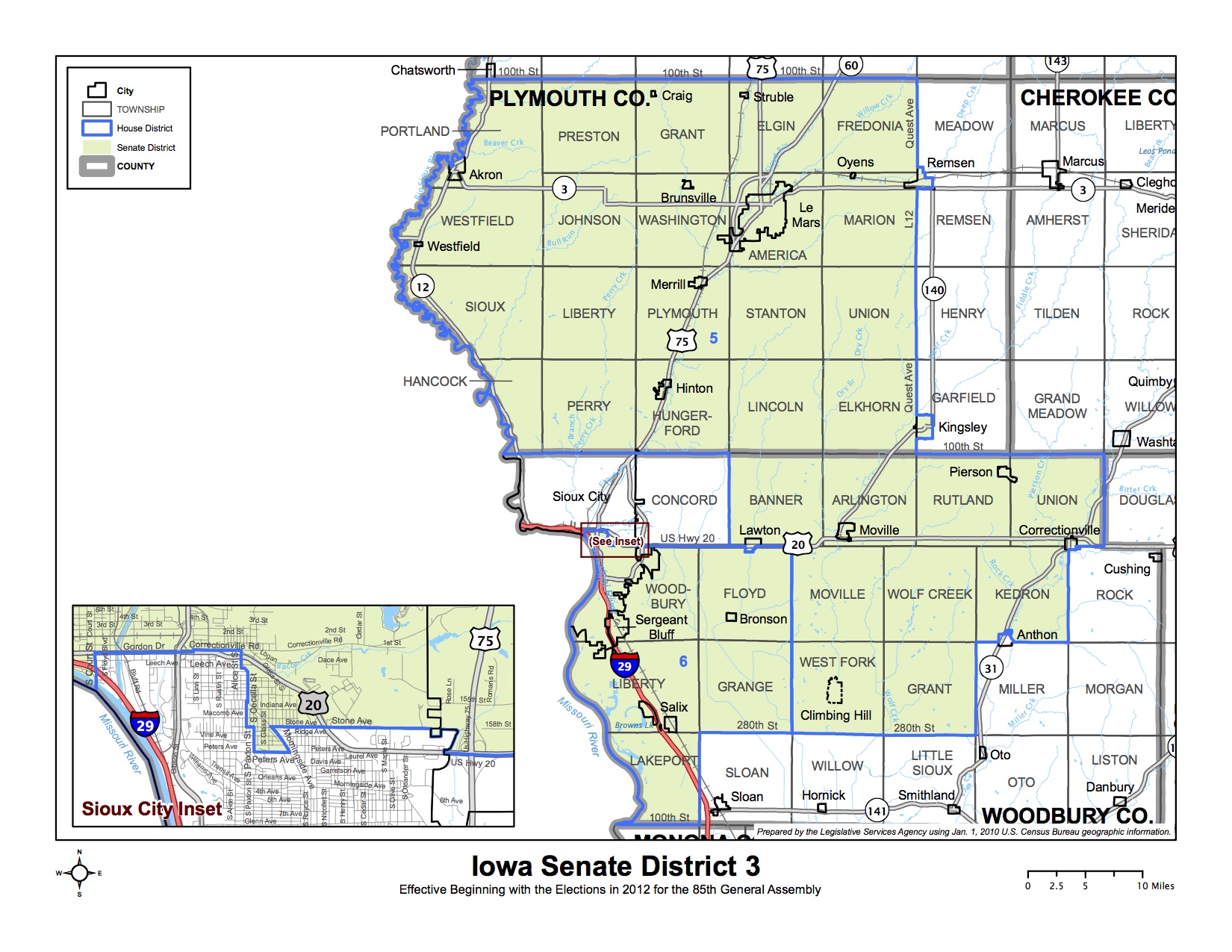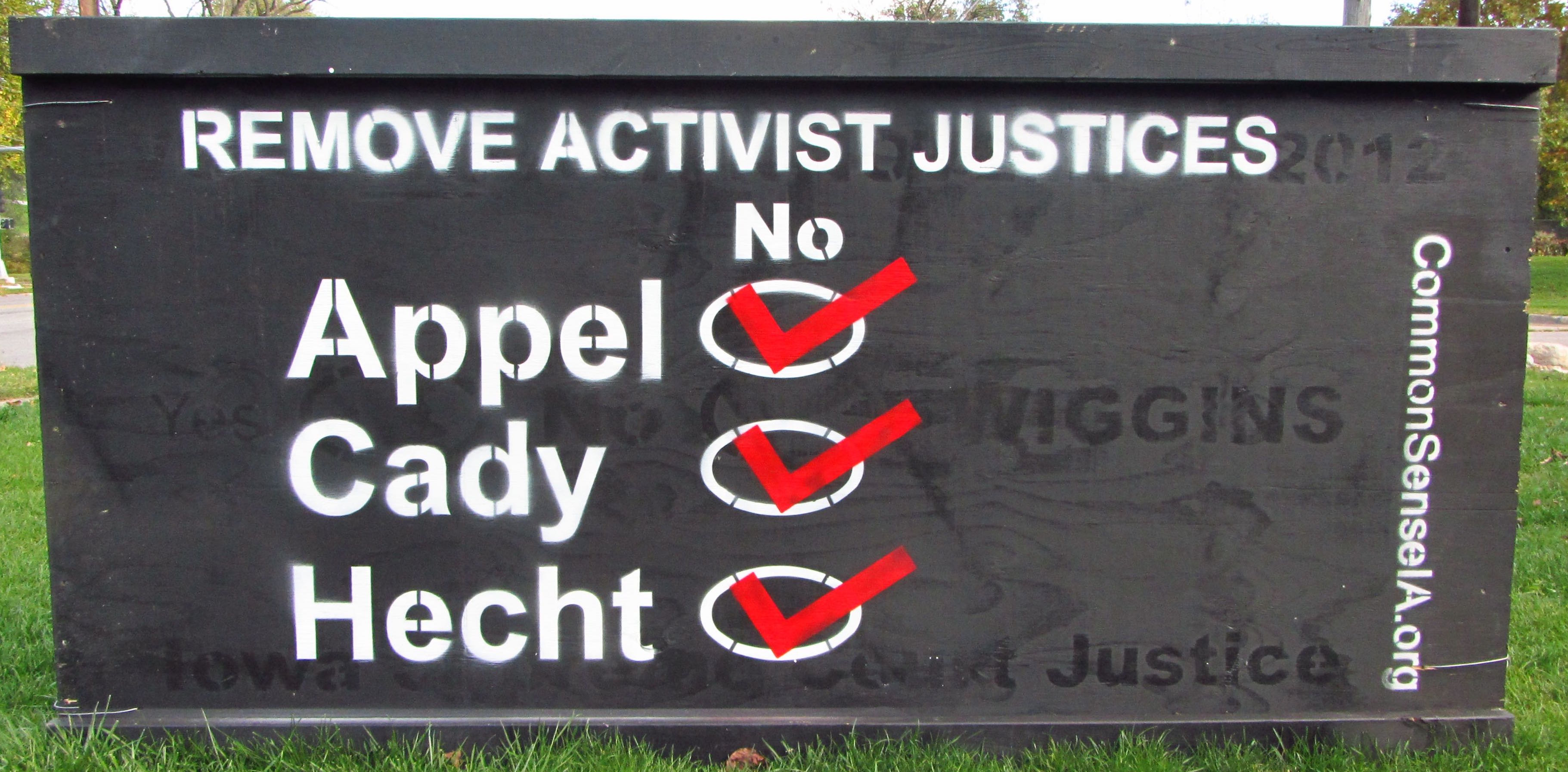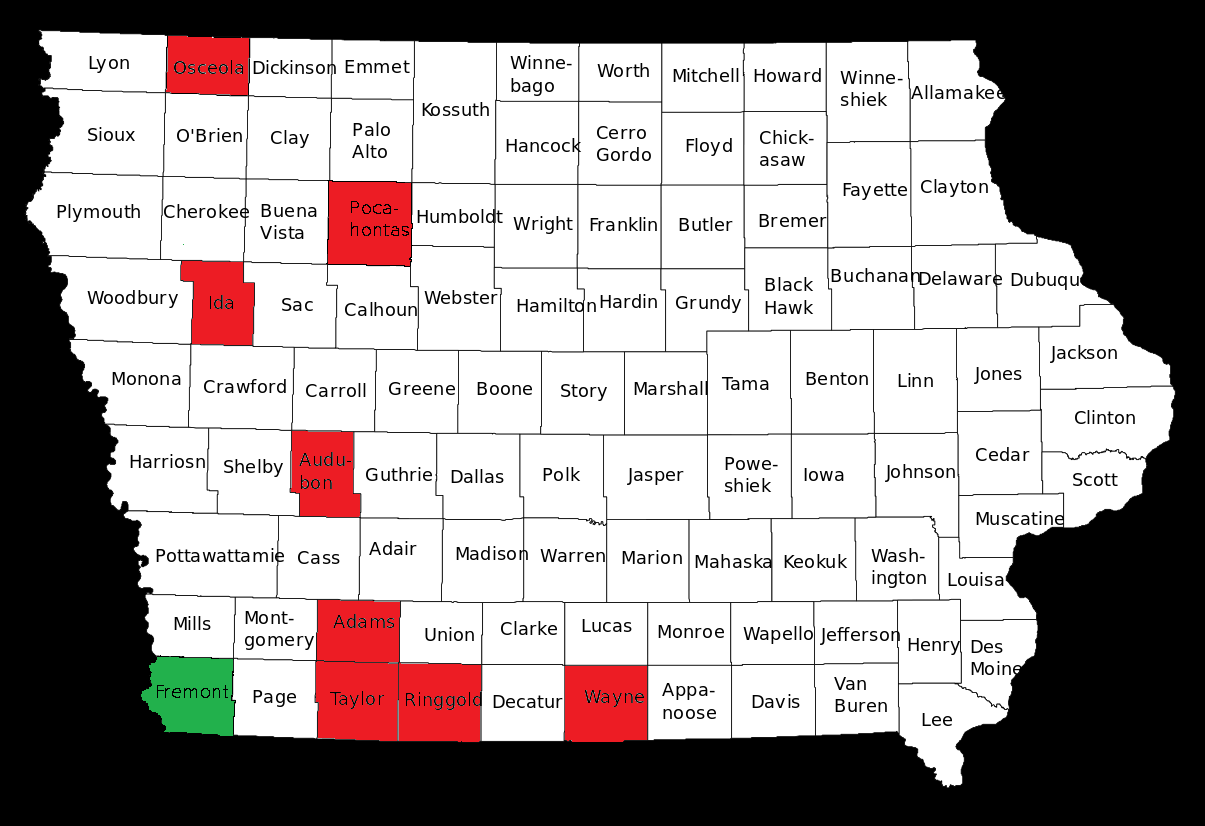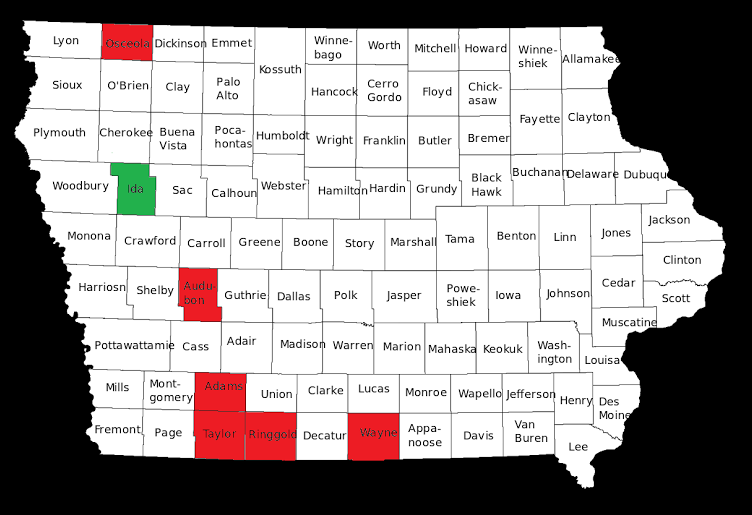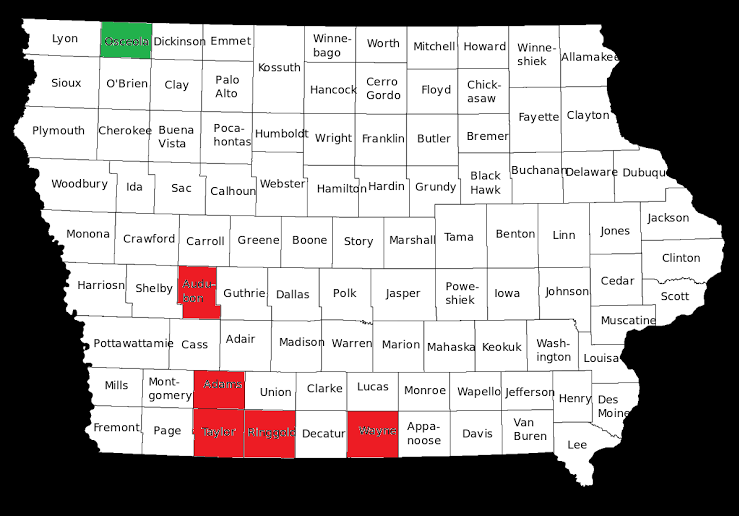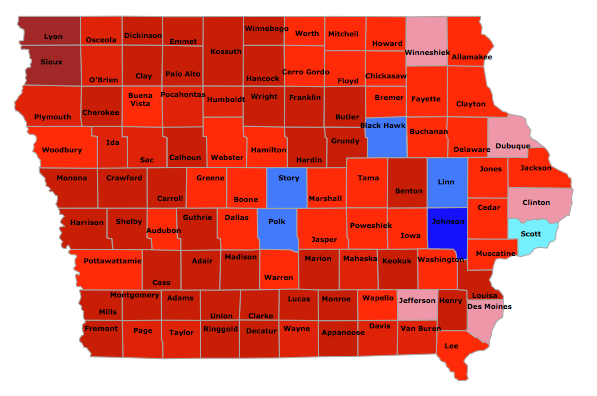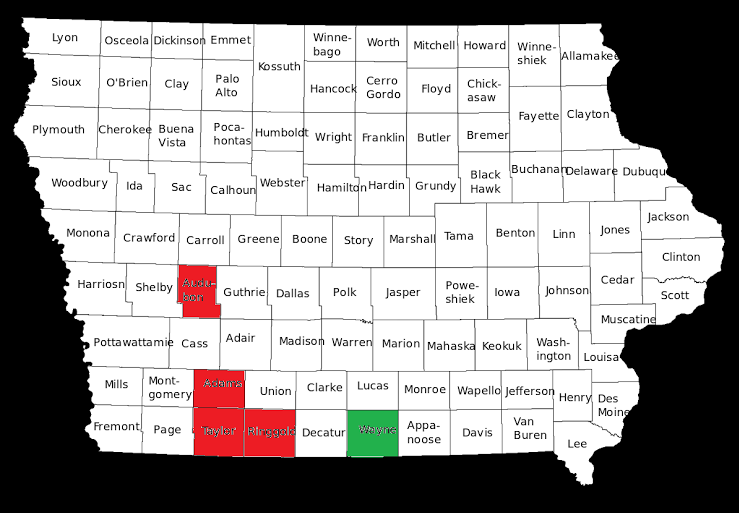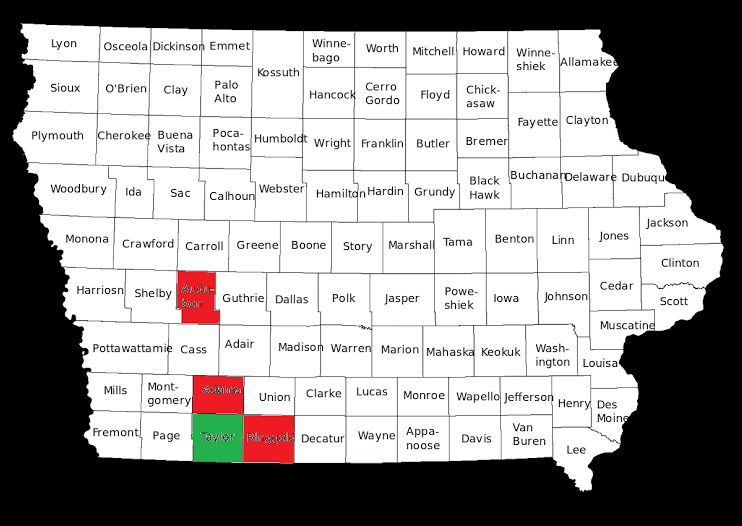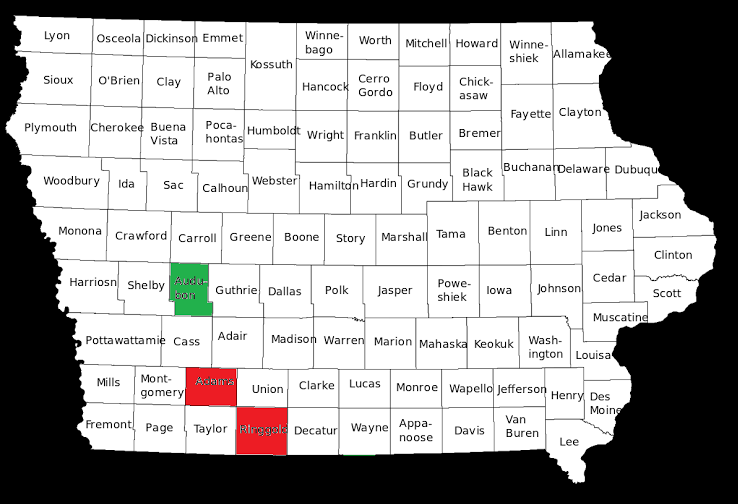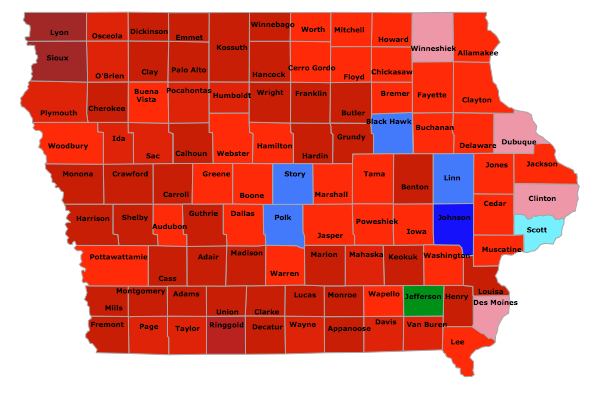Jaime Allen kicks off the series of guest posts by Iowa women who have become more politically engaged since the 2016 election. -promoted by desmoinesdem
As a stay-at-home mother of four children under the age of five, I spend most days wiping fingerprints off of my windows and mirrors. If there is one thing I despise most about the trivial aspects of being a mother, it is the smudges on glass. Since I became a mother I have spent my time in my home with my children. My husband and I shared a vehicle for years, so while he was at work I was home bound. This was never really an issue–really, who wants to take four children to do errands?
My only real escape to the outside world was watching reality TV shows. Even though I knew they were fake and staged it was my secret indulgence when the children went to bed. I dreamt of what it would be like to live their lives, so polished and dressed flawlessly with picture-perfect makeup all the time. This was an unattainable life goal as most days my bank account said “try again later” and my personal appearance would be better suited on the “People of Walmart” Facebook page.
It wasn’t until my newsfeed started to show things about the 2016 election that I started to realize that how I was viewing the world from my couch was both different and similar to how others viewed it as well. It was a shock to the system to see how very different people felt about “others.” I never really had taken the time to view how divided the country was on so many aspects of what I assumed were just accepted by most. The similarities I saw were the unspoken ones, the ones where we viewed politicians as untouchables. They lived a life most could never dream of. I began to question why they weren’t doing more wherever they could, with all that power in their hands.
As everyone did I watched the 2016 election play out like a reality TV show. Every day the news evoked shock and awe, villains from all angles, and a plot twist at every episode. Was this how I wanted to live life? A spectator watching helplessly from the sidelines, waiting to see what would happen to my own life and the lives of those I cared about? This election hit hard because I am an immigrant from Canada, a woman, a poor, working-class person. Everything that helps to define me was undermined.
November 9, 2016 was a turning point for me. It was the day I received my citizenship. I stood with 36 other individuals from 24 countries to take an oath to the country I have called home since 2001, at the age of 14.
In that moment I was given two privileges I had not had prior as a green card holder. With citizenship you are allowed to vote and to hold elected office.
Continue Reading...


